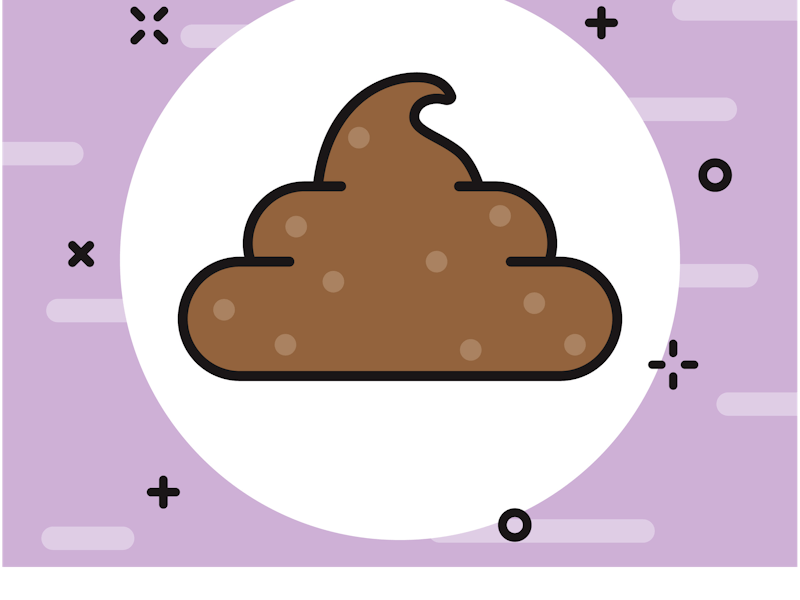For fecal transplants, not all poop is created equal
Are you a "super pooper" -- and, if not, could you become one?

We all do it. Even kids (famously) know that everybody poops. But according to a study out in January 2019, some of us are perhaps better at it than others. At least when it comes to fecal transplants, that is.
Fecal transplants may help promote gut health and treat certain diseases. And much like any other transplant procedure, the treatment requires donors. Meet the super poopers.
Inverse is counting down the 25 biggest stories of human potential of 2019. This is #17.*
Super poopers are a group of donors whose fecal matter seems to have special healing powers. Researchers identified the trend in a review of fecal transplant literature, published January in the journal Frontiers in Cellular and Infection Microbiology.
Super poopers’ donations are more effective in treating conditions like inflammatory bowel disease or C. difficile infections than other, average poopers.
Are you a super pooper?
Brooke Wilson, a graduate student and lead author of the review, told Inverse at the time that the idea of super poopers is still theoretical. But the literature suggests that those given the esteemed title have a higher diversity of microbes in their gut.
They also have an abundance of bacteria that produce a compound called butyrate, which is involved with the immune system and provides energy to cells that line the stomach.
So, what are the odds that you — yes, you — might be a super pooper? And, if you’re not, can you become one?
“Unfortunately it is not so easy to predict who is a super-donor and who is not,” Wilson said.
“I would say that the best approach if you want to be more like a super-donor is to eat a varied diet that is high in fibre. A varied diet will encourage microbial diversity — a feature of super-donors.”
Research in this area is still pretty limited. There’s much yet to learn about what makes a super pooper, and how to harness their power into creating the best treatments.
“We will have to wait and see,” Wilson said.
As 2019 draws to a close, Inverse is revisiting 25 striking lessons for humans to help maximize our potential. This is #17. Some are awe-inspiring, some offer practical tips, and some give a glimpse of the future. Read the original article here.